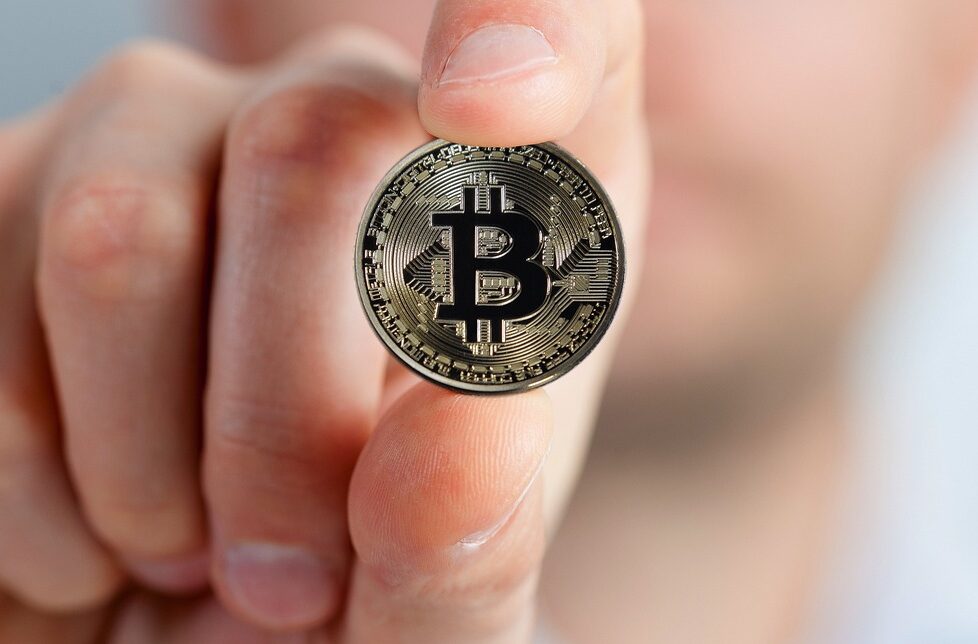Role of Bitcoin in Strengthening Democracy and Promoting Free Speech


The role of Bitcoin in strengthening democracy and promoting free speech is a topic that warrants attention, as it has the potential to reshape how we understand and engage in democratic processes. By providing an alternative to traditional financial systems and offering a decentralized platform for communication, Bitcoin empowers individuals and fosters a more equitable society.
This article will explore The Impact of Bitcoin on Democracy and about Bitcoin and Free Speech. Look no further than the quantum-ai trading platform for a user-friendly and secure way to invest in Bitcoin.
Bitcoin, as a decentralized digital currency, has the potential to significantly impact democracy by distributing power more evenly across society. Traditional financial systems are often centralized and controlled by a select few, such as banks and governments, leading to an unequal distribution of power and resources. By removing these intermediaries, Bitcoin allows for greater financial autonomy and democratization of the economic system.
Decentralization is a core democratic value, and Bitcoin’s design enables peer-to-peer transactions without needing a central authority. This reduces the chances of manipulation and control by powerful entities and fosters a more open and inclusive financial ecosystem. Consequently, Bitcoin can contribute to a more robust democratic system by empowering individuals and reducing reliance on centralized institutions.
One of the most significant ways that Bitcoin can impact democracy is through financial inclusion. A large portion of the global population is unbanked or underbanked, lacking access to essential financial services. Bitcoin offers an opportunity to bridge this gap by providing an accessible and affordable means of storing and transferring value.
By enabling individuals to participate in the global economy regardless of their socioeconomic status, Bitcoin has the potential to reduce economic inequality and promote social mobility.
Blockchain technology, the foundation of Bitcoin, offers a transparent and immutable ledger that can help reduce corruption and increase accountability in various aspects of society. By utilizing a decentralized and tamper-proof system, Bitcoin can make it more difficult for corrupt officials or organizations to manipulate financial transactions for their benefit.
In addition to its inherent transparency, blockchain technology can also be used to create secure and verifiable voting systems, making elections more transparent and resistant to tampering.
Bitcoin’s ability to protect privacy and enable anonymous transactions plays a vital role in promoting free speech. Speaking out against oppressive governments or powerful entities in many parts of the world can lead to severe consequences, including harassment, imprisonment, or worse.
Moreover, Bitcoin’s decentralized nature means that it is not controlled by a single authority, making it more resistant to censorship or surveillance. As a result, individuals can financially support causes, organizations, or media platforms that align with their beliefs without fear of reprisal. This privacy and anonymity protection fosters a more open and free exchange of ideas, which is essential for a healthy democracy.
Bitcoin’s potential to finance independent media and journalism further highlights its role in promoting free speech. Traditional media outlets often rely on advertising revenue or government funding, which can lead to biased reporting or censorship. In contrast, Bitcoin provides a decentralized and censorship-resistant method of funding that allows independent media organizations to maintain their autonomy and report on issues without interference from powerful entities.
By facilitating donations and subscriptions through Bitcoin, independent media platforms can secure the necessary funds to continue their work while upholding journalistic integrity. This fosters a more diverse media landscape and ensures that a wide range of perspectives are represented, ultimately strengthening free speech and promoting democratic values.
Bitcoin can also play a crucial role in combating censorship and surveillance by governments and corporations. As previously mentioned, Bitcoin’s decentralized nature makes it difficult for authorities to control or monitor transactions. This allows individuals to support causes, share information, and express their opinions without the fear of being silenced or monitored.
Furthermore, Bitcoin can be used to create decentralized platforms that are resistant to censorship, enabling the free flow of information and ideas. By providing an alternative to traditional centralized systems, Bitcoin empowers individuals to bypass restrictions and assert their right to free speech, contributing to a more open and democratic society.
Conclusion
In conclusion, the rise of Bitcoin and its underlying technology, blockchain, have introduced a new paradigm for social change by empowering individuals and democratizing access to resources. By bypassing traditional financial institutions and offering a platform for censorship-resistant communication, Bitcoin has the potential to reinforce democratic values and protect free speech.
